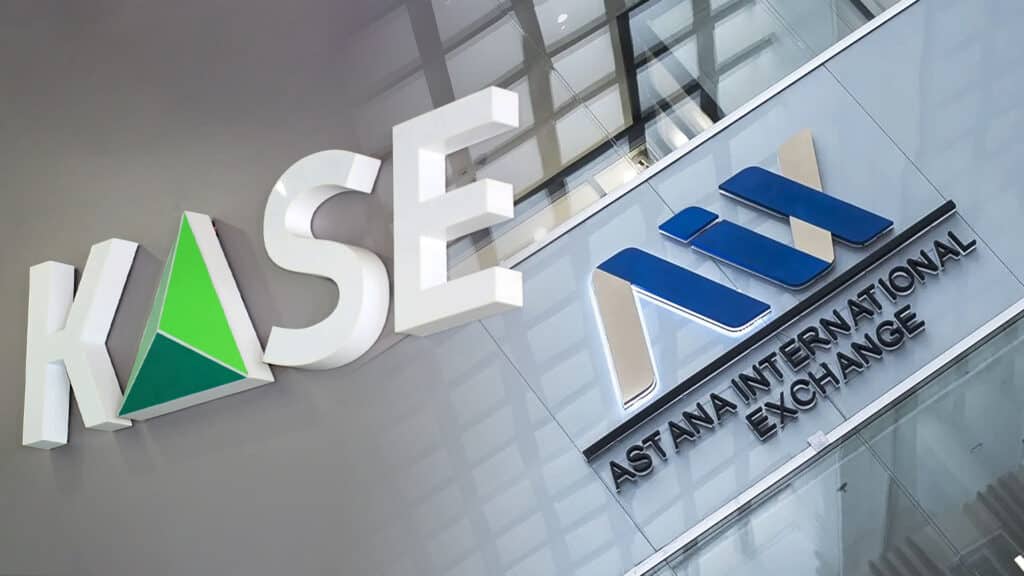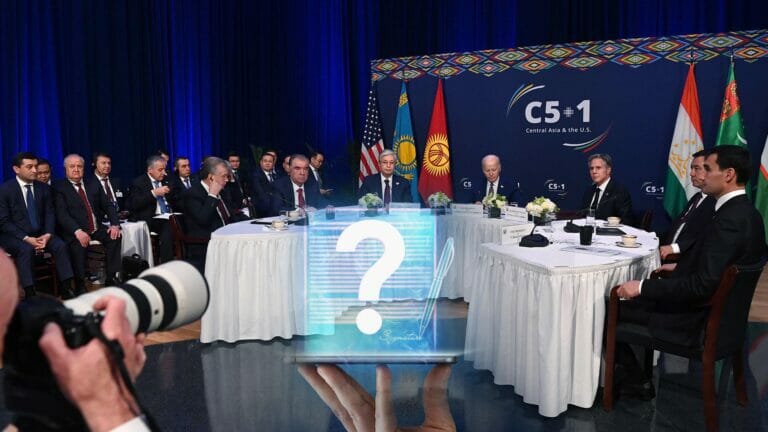
According to Timur Suleimenov, chair of the National Bank of Kazakhstan, the planned merger of KASE and AIX has been put on hold because the Moscow Exchange (MOEX), which controls a 13.1% stake in KASE, has been added to the U.S. sanctions list. Suleimenov revealed this development during a press briefing on monetary policy on July 12.
«We wanted to create a single exchange holding by merging the potential of the two stock exchanges. That was the point. However, it is impossible when one of the shareholders is under sanctions. We have put it on hold until the situation changes. We simply can’t complete this merger or even consider it because there is a sanctioned shareholder in KASE,» Suleimenov added.
The chair of the National Bank also highlighted that KASE is negotiating with MOEX about buying back its shares.
«Of course, they want to buy back this stake to avoid secondary sanctions. They are engaged in international activities; they want to build relations with various partners and having a shareholder under sanctions is an obstacle,» Suleimenov said.
In April, the official told Kursiv.media that the National Bank, the Agency for Regulation and Development of the Financial Market and the AIFC had prepared a plan for combining the potential of the two stock exchanges. This plan was supposed to be implemented by the National Bank after approval by the presidential administration. Under this plan, the two stock exchanges were expected to work together by the end of this year.
In September 2023, President of Kazakhstan Kassym-Jomart Tokayev proposed merging KASE and AIX to avoid duplication of functions and unnecessary competition between the two platforms.
On June 12, the U.S. Office for Foreign Assets Control (OFAC) under the Department of the Treasury imposed sanctions against MOEX, the second biggest shareholder of KASE (13.1%) after the National Bank of Kazakhstan (46.9%). In turn, KASE stated that the presence of MOEX in its capital poses no risk of U.S. sanctions as the share controlled by the Russian exchange is significantly lower than 50%, a critical threshold from the U.S. legislation’s point of view.













